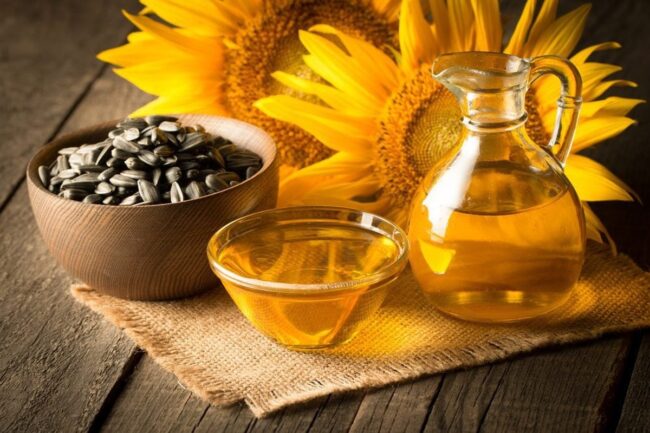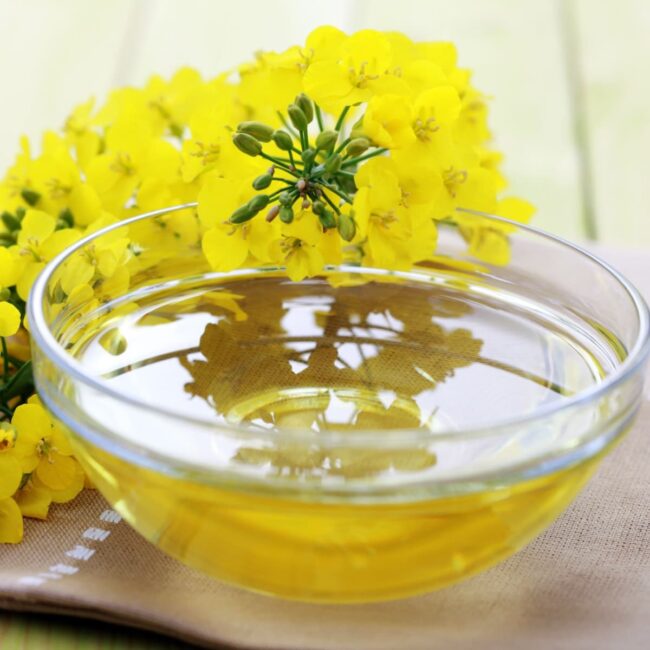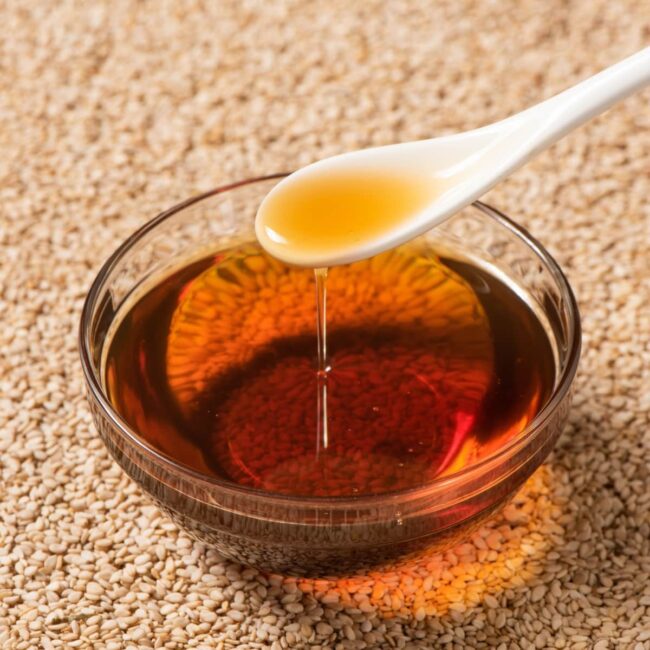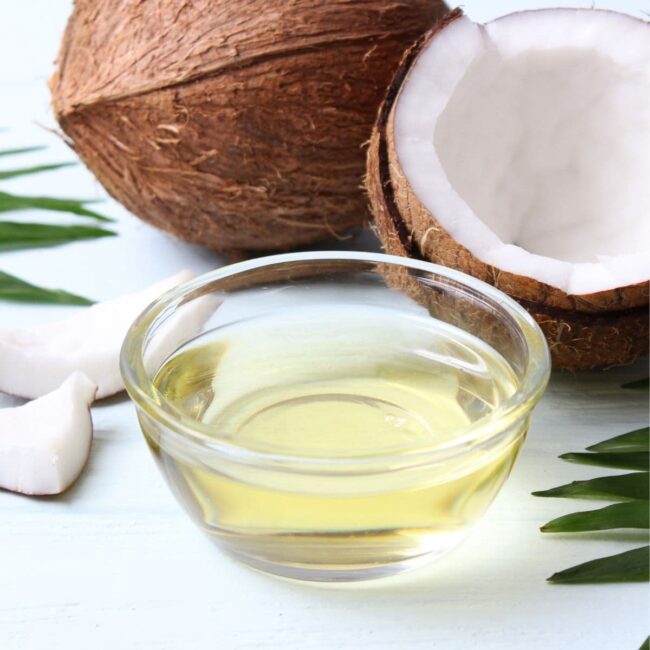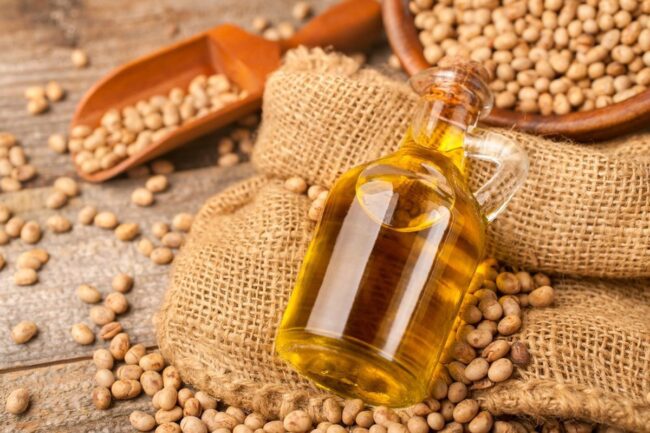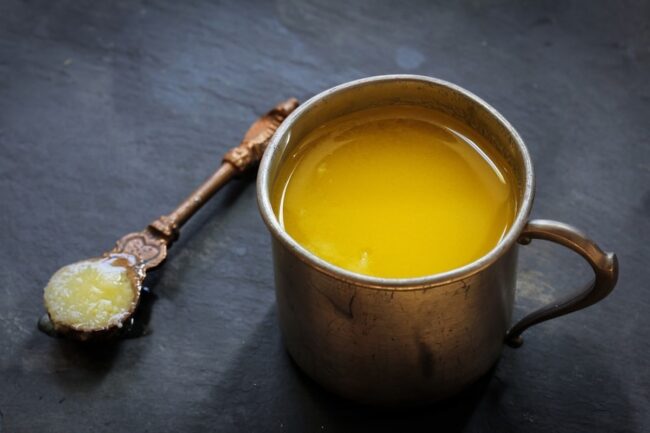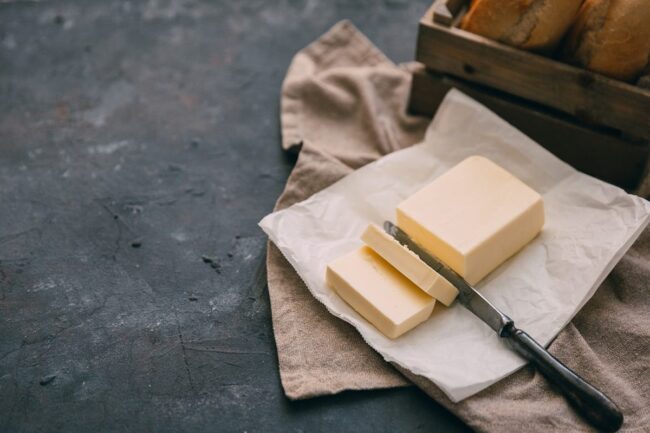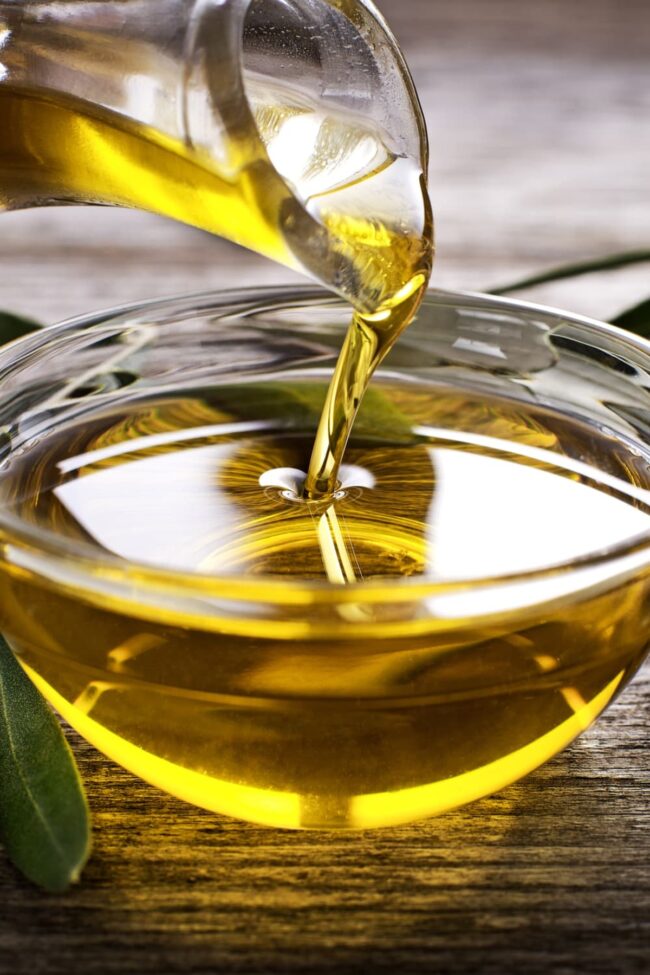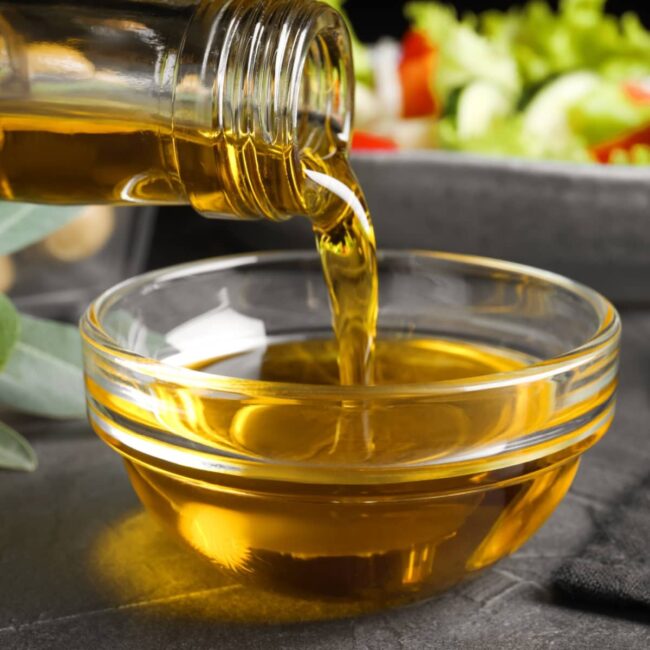10 Rich Alternatives to Ghee for Authentic Flavors
Ghee provides a rich, nutty flavor and high-heat stability essential in Indian cuisine.
When it's unavailable, a variety of fats, oils, and butter-based alternatives can maintain the dish’s depth.
Some replacements replicate the richness, while others keep the texture smooth without overpowering the flavors.
The right choice depends on the level of aroma and fat needed in the recipe.
Top Ghee Alternatives for Cooking
Ghee offers a rich flavor and high smoke point, making it a popular choice in many kitchens. Many alternatives provide similar benefits, allowing for diverse cooking options while accommodating different dietary needs.
Sunflower Oil
The joy of sharing meals with loved ones creates lasting memories.
A beautifully arranged table enhances the overall dining experience, making it feel special.
Fresh ingredients add flavor and nutrition, ensuring that every dish is both tasty and healthy.
Thoughtful presentation captures attention, inviting guests to savor each dish with anticipation.
Cooking together fosters connections, allowing everyone to bond over a shared love for food.
Gathering around the table becomes an opportunity to celebrate life’s moments and create cherished traditions.
Canola Oil
Canola oil serves as an excellent alternative to Ghee.
Its smoke point closely matches that of Ghee, allowing for similar cooking times and better nutrient retention.
This oil can substitute Ghee in the same ratios as sunflower oil, meaning a straightforward transition in recipes.
A ratio of 3:4 works well without any adjustments, while a 1:1 swap is possible by reducing moisture elsewhere in the dish.
For those who dislike the taste of Ghee, canola oil shines as a top choice since it has almost no flavor at all.
In dishes rich with bold spices typical of Indian cuisine, this lack of flavor won’t be noticeable at all.
Sesame Oil
Toasted sesame oil serves as an excellent alternative to Ghee.
This option may not always be the easiest to find, yet its rich flavor offers a satisfying match.
The distinct taste of sesame shines in dishes, closely resembling the nutty essence of Ghee.
A simple swap can occur with a 3:4 ratio when using it in Indian recipes, similar to sunflower or canola oil.
Various blends exist, but toasted versions enhance natural flavors due to their unique preparation process involving high heat on sesame seeds.
Choosing this substitution adds depth and character to your cooking without losing authenticity.
Coconut Oil
Coconut oil brings a pleasant nutty flavor that enhances dishes during cooking.
This oil serves as a suitable alternative to ghee, offering similar taste notes, although it is not an exact match.
Its thickness surpasses that of sunflower, canola, or sesame oils; therefore, using it in equal amounts won’t change the recipe's balance.
While coconut oil may not fit every budget due to its higher cost, its unique flavor makes it worthwhile for special meals.
Blending seamlessly with other ingredients adds a delightful touch to your culinary creations.
Enjoying the rich taste of coconut can elevate any dish you prepare.
Soybean Oil
Trying soybean oil can open up new culinary experiences.
This oil serves as an excellent substitute for Ghee, especially in flavorful Indian dishes.
It has a gentle taste that blends well with spices and other ingredients, ensuring it won't overpower your meal.
A key point to remember involves the proper ratio; use three parts soybean oil for every four parts of Ghee to maintain the right consistency.
If you don’t adjust this ratio, your dish may end up too wet and require modifications elsewhere in your recipe.
Exploring different oils like this can enhance both flavor and texture in cooking adventures.
Clarified Butter
Clarified butter serves as a close alternative to Ghee, given their similarities.
For those who enjoy dairy and don’t worry about high fat intake, this option works well.
When deep-frying ingredients, clarified butter shines by providing a crispy texture that complements flavors beautifully.
Both can be used in equal amounts; just replace Ghee with clarified butter in your recipe one-for-one.
While not suitable for plant-based diets or those aiming to reduce fats, it remains an excellent choice for many cooks looking to enhance their dishes.
Butter
Butter can serve as a substitute for Ghee.
This option works well, offering a similar consistency, although it lacks the nutty flavor found in Ghee.
For those who want that distinct taste, incorporating other ingredients can enhance the dish.
Olive oil is an excellent choice for achieving that nuttiness but may require careful measurement to maintain moisture levels.
If extra moisture isn’t needed in your recipe, use butter at a 1:1 ratio without altering other measurements.
For vegans or those with lactose intolerance, plant-based butter alternatives are available but might not replicate the same texture as Ghee.
Rapeseed Oil
Using rapeseed oil can enhance various dishes and serves as a good alternative to Ghee.
This oil carries a subtle nutty flavor, which often gets masked by the other ingredients in your recipe.
Rich in unsaturated fats and packed with vitamin E, rapeseed oil supports eye health and function.
Caution is necessary due to its high erucic acid content; consuming it excessively may lead to heart issues.
For those who want to try it out, mixing 3 parts of rapeseed oil with every 4 parts of Ghee works well.
Enjoying its versatility while being mindful of usage ensures a balanced approach in cooking.
Olive Oil
A healthy alternative to Ghee exists right in your kitchen: olive oil.
This staple offers a nutty flavor, complemented by hints of pepper and citrus that can elevate your dish’s taste without overpowering it.
While not the cheapest option among substitutes, its health benefits far outweigh the cost.
Olive oil is rich in antioxidants and has anti-inflammatory properties that help protect against heart disease and stroke.
For those seeking a nutritious option, this oil stands out as an excellent choice for replacing Ghee.
When substituting, stick to a standard 3:4 ratio for best results.
Vegetable Oil
A sensible choice for adding moisture to dishes, vegetable oil serves well as a substitute for Ghee.
Its neutral taste comes from a mix of extracts sourced from seeds, nuts, grains, and fruits.
Most cooks have this kitchen essential on hand, making it easily accessible.
Substituting vegetable oil at a 1:1 ratio is straightforward and doesn’t require reducing other moisture in recipes.
When seeking an option that maintains the original flavor of your dish while providing necessary hydration, this oil fits perfectly into the role.
Enjoying its versatility can enhance many culinary creations without overwhelming flavors.

